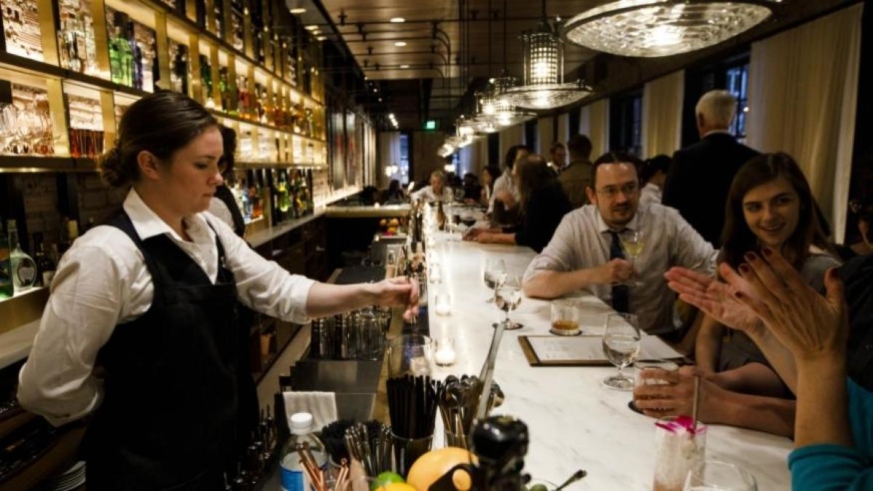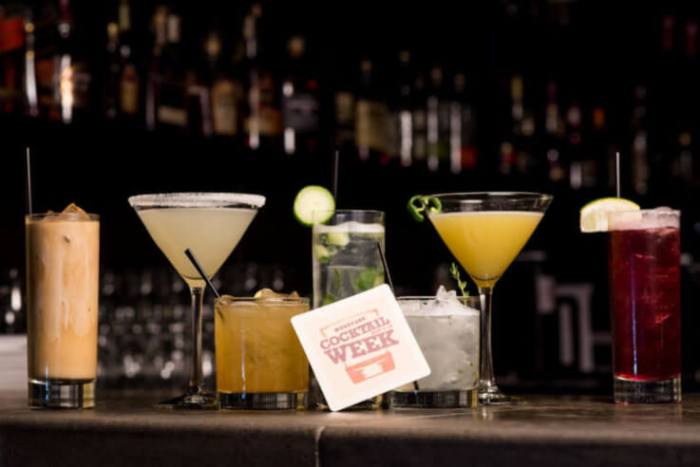It’s not news that the restaurant industry is tough. But it’s hard not to consider the high profile closures of Boston restaurants over the last 12 months—Townsman, Les Sablons, L’Espalier, Erbaluce and Cultivar, just to name a few—and see a trend. I spoke to local industry figures to see if recent closures were business as usual or out of the ordinary, and what restaurants could do to stay afloat.
Why are so many popular Boston restaurants closing?
Nick Frattaroli, the second-generation restaurateur behind Ward 8, North Square Oyster, Bodega Canal and the soon-to-open Tony & Elaine’s, sees a pattern.
“I think it feels accelerated,” Frattaroli says. “I think it’s the obvious. A lot of the large restaurants are opening up in different parts of the city that are really developing right now. It really affects everybody, I think it makes it really hard.”
Frattaroli sees some concepts bearing the brunt of it.
“I think the ones that are probably getting hit the hardest are the ones that are more special occasion-type places where you can’t just pop in all the time,” Frattaroli says. “The reality is it’s hard to fill up those types of restaurants right now.”

Joshua Lewin, co-owner of Juliet in Union Square, feels that the rapid growth of Boston’s restaurant industry makes it hard to divine whether closure rates are out of the ordinary.
“To have an accelerated rate of closure implies that there was a rate of closure that we can compare it to, but I think that the industry from five years ago till where we are today is kind of apples to oranges… which makes it even scarier to be in the middle of,” Lewin says.
He attributes the success of Juliet, which will mark its third anniversary at the end of February, to its unique concept that includes seasonal pre-fixe menus, a walk-in al la carte menu and even turns Italian each Sunday night as “Romeo’s at Juliet.”
“From the beginning we wanted to diversify what was available to our neighbors to protect against [risk] a little bit,” Lewin says. “We do have people coming in for dinner from all over, and that was kind of always the point with these pre-fixe style dinners and these pretty involved special occasion-type experiences. At the same time we really wanted to capture the spirit of a neighborhood too, so that we weren’t relying on just that.”
Lewin also sees the proliferation of chains as a challenge to independent restaurateurs.
“One of the most difficult things as an independent restaurant operator, especially in a hot neighborhood, is that chains can always compete… [chains] can do things for cheaper, they can pay more in rent, they can weather storms in their business plans and their business modeling, and they can serves guests faster… what they can’t become is a personal part of a neighborhood.”

MC Slim JB, a longtime local food writer and reviewer, expressed his own prognosis via email:
“It’s a classic bubble: too many seats chasing too few patrons and putting pressure on a limited labor force. Every chef and owner in Boston has been complaining for years about how hard it is to keep good staff on hand, both front and back of house: line cooks, servers, bartenders.”
In JB’s telling, some of the fault also lies with the Commonwealth’s liquor laws.
“Boston needs to take back control of its liquor licensing from the Commonwealth and drop the cap on licenses. That artificial scarcity has led to the current ridiculously inflated prices that make it so hard for indies to get started and flourish. Allowing BYOB in more neighborhoods would also help. Any such scheme has to address the businesses that bought licenses at the peak of the market, but can be managed.”
He also believes that it may get worse before it gets better.
“I think it is inevitable that we will see some contraction: the current bubble is not sustainable. How bad it gets depends on whether the country goes into recession… If consumers suddenly tighten their belts, that’s going to worsen the woes for a restaurant industry that has already over-expanded.”















